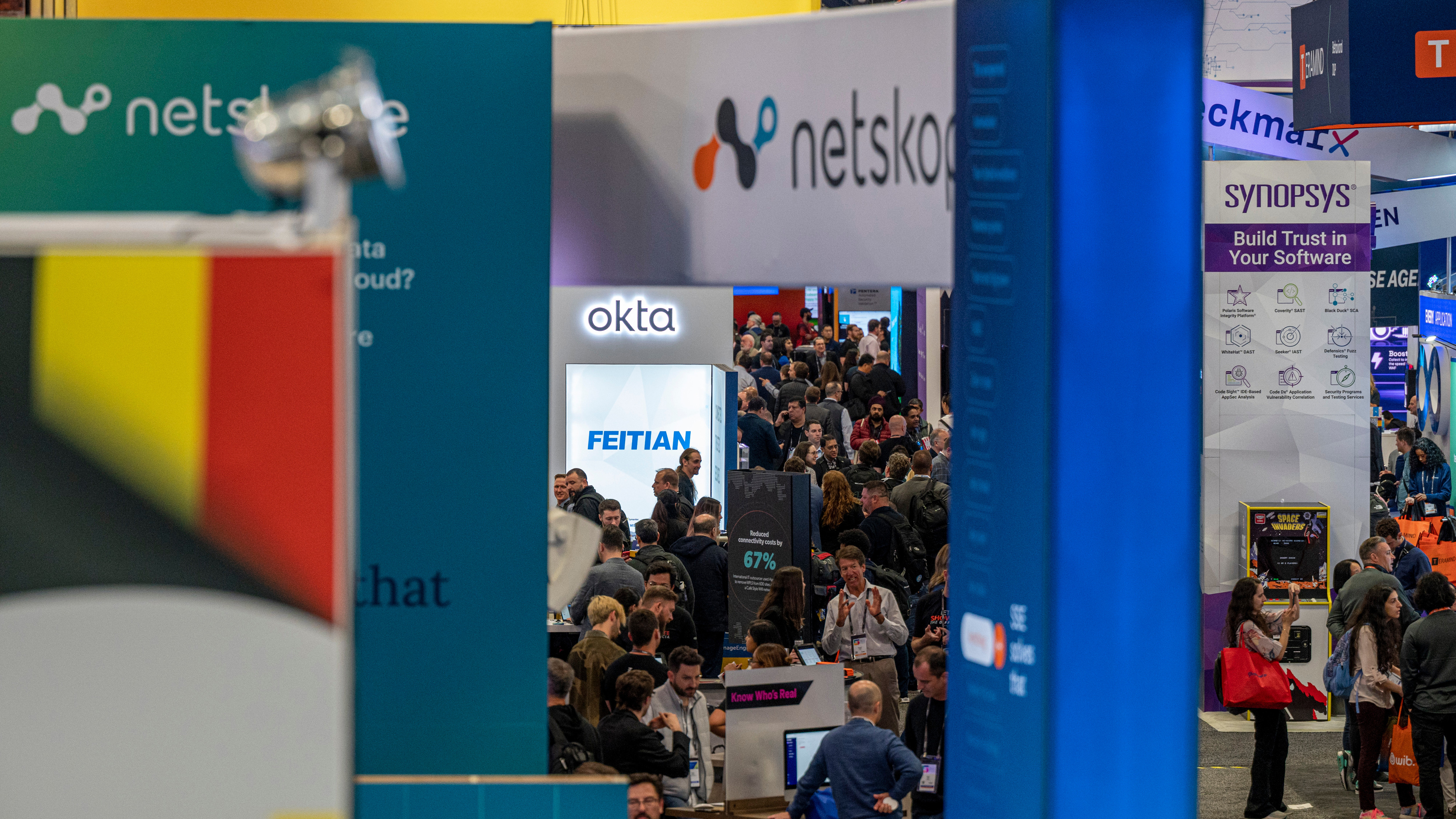Coronavirus could cost telecoms operators $25bn in roaming revenue
The deep uncertainty caused by the COVID-19 pandemic has seen Dell and VMWare pull their fiscal forecasts


Having moved from an outbreak into a full-blown pandemic, the COVID-19 virus crisis is wreaking havoc across the world and impacting the technology world.
As governments and healthcare services desperately work to tackle the virus, its effect on the technology world appears to be ramping up.
Telecoms is one sector that’s now been flagged to take a massive hit from the coronavirus. Operators are expected to lose more than $25 billion in revenue generated from roaming, according to Juniper Research, as COVID-19 is forcing would-be travellers to stay at home.
In what the company describes as a “high impact scenario”, the coronavirus crisis could be set to go on for another nine months with travel restrictions in place.
Given lives are being lost in their thousands, a loss of revenue for telecoms companies might not seem too dire. But a reduction in revenue means a reduction in profits and, consequently, less money to invest in infrastructure, all at a time when 5G was set to ballon in coverage and popularity.
And a revenue loss also leads to job losses, meaning the impact of the virus extends beyond its immediate health effects.
There have been opportunities for the technology world amid the crisis; providers of remote and home working tools and collaboration software have seen a huge rise in users as those who can work from home do so to shelter from the coronavirus.
Get the ITPro daily newsletter
Sign up today and you will receive a free copy of our Future Focus 2025 report - the leading guidance on AI, cybersecurity and other IT challenges as per 700+ senior executives
Flexible vs agile working Apple cuts quarterly revenue prediction as coronavirus wreaks havoc across China Benefits of flexible working (including for parents) Coronavirus concerns continue to blight key tech events Demand for laptops and components soar amid mass remote working
Microsoft reported that its Teams collaboration software has seen a rise of more than 12 million users in March. And technology companies and academics have put their heads together to try and work out how they can help tackle the virus.
However, the effect of a lockdown on the tech industry is still ringing the loudest. Smartphone sales have suffered their “biggest ever” fall due to the pandemic, Apple looks set to delay its 5G iPhone 12, and major software development has been put on hold as tech companies look to shield their staff from COVID-19 as much as possible.
It also appears tech companies are struggling to predict what effect the virus might have week on week - Dell and VMWare’s withholding of their 2021 financial guidance being evidence of that.
"While the Company currently is seeing heightened interest in work from home solutions and continuing execution in its global supply chain, and remains confident in its liquidity position, the Company is unable to predict the extent to which the global COVID-19 pandemic may adversely impact its business operations, financial performance and results of operations for the current fiscal year,” Dell said in a filing to the US Securities and Exchange Commission (SEC) on Thursday.
As each week passes by, the technology world seems to constrict the more the virus spreads. And it would appear that it’s set to get worse before it gets better.
But there is a silver lining in that the technology industry is best placed to give business and daily life some semblance of normality amid lockdowns and deep uncertainty.
“This will be the most high-tech response to a pandemic in human history,” said Gerard Grech, chief executive at Tech Nation. “UK tech will have a key role to play globally, with the potential to save lives and to connect people in ways we may never have expected."
Roland is a passionate newshound whose journalism training initially involved a broadcast specialism, but he’s since found his home in breaking news stories online and in print.
He held a freelance news editor position at ITPro for a number of years after his lengthy stint writing news, analysis, features, and columns for The Inquirer, V3, and Computing. He was also the news editor at Silicon UK before joining Tom’s Guide in April 2020 where he started as the UK Editor and now assumes the role of Managing Editor of News.
Roland’s career has seen him develop expertise in both consumer and business technology, and during his freelance days, he dabbled in the world of automotive and gaming journalism, too.
-
 Criminals target APIs as web attacks skyrocket globally
Criminals target APIs as web attacks skyrocket globallyNews More than a third of web attacks target APIs as AI expands attack surfaces and brings new security challenges
By Emma Woollacott
-
 What to look out for at RSAC Conference 2025
What to look out for at RSAC Conference 2025Analysis Convincing attendees that AI can revolutionize security will be the first point of order at next week’s RSA Conference – but traditional threats will be a constant undercurrent
By Rory Bathgate
-
 How to empower employees to accelerate emissions reduction
How to empower employees to accelerate emissions reductionin depth With ICT accounting for as much as 3% of global carbon emissions, the same as aviation, the industry needs to increase emissions reduction
By Fleur Doidge
-
 Worldwide IT spending to grow 4.3% in 2023, with no significant AI impact
Worldwide IT spending to grow 4.3% in 2023, with no significant AI impactNews Spending patterns have changed as companies take an inward focus
By Rory Bathgate
-
 Report: Female tech workers disproportionately affected by industry layoffs
Report: Female tech workers disproportionately affected by industry layoffsNews Layoffs continue to strike companies throughout the tech industry, with data showing females in both the UK and US are bearing the brunt of them more so than males
By Ross Kelly
-
 How can small businesses cope with inflation?
How can small businesses cope with inflation?Tutorial With high inflation increasing the cost of doing business, how can small businesses weather the storm?
By Sandra Vogel
-
 How to deal with inflation while undergoing digital transformation
How to deal with inflation while undergoing digital transformationIn-depth How can organizations stave off inflation while attempting to grow by digitally transforming their businesses?
By Sandra Vogel
-
 How businesses can use technology to fight inflation
How businesses can use technology to fight inflationTUTORIAL While technology can’t provide all the answers to fight rising inflation, it can help ease the pain on businesses in the long term
By Sandra Vogel
-
 Embattled WANdisco to cut 30% of workforce amid fraud scandal
Embattled WANdisco to cut 30% of workforce amid fraud scandalNews The layoffs follow the shock resignation of the company’s CEO and CFO in early April
By Ross Kelly
-
 Some Tech Nation programs could continue after Founders Forum acquisition
Some Tech Nation programs could continue after Founders Forum acquisitionNews The acquisition brings to a close a months-long saga over what the future holds for Tech Nation initiatives
By Ross Kelly